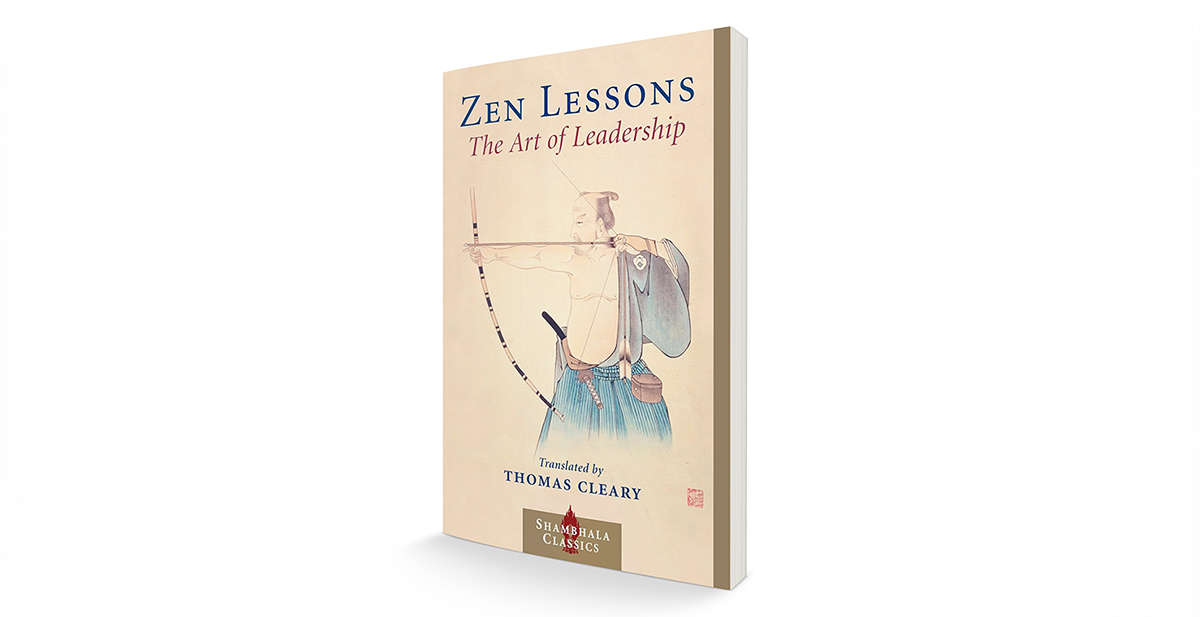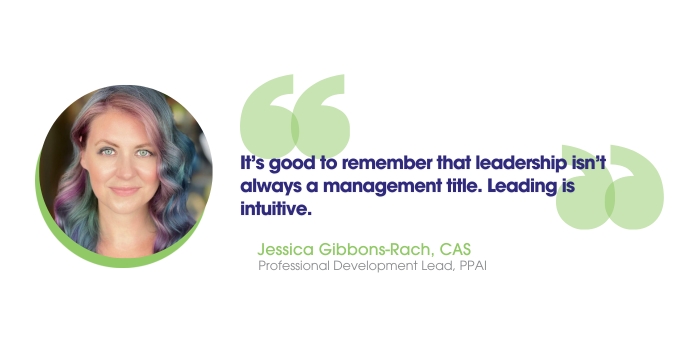Growing As A Leader Through Zen Lessons

Thomas Cleary’s Zen Lessons: The Art of Leadership applies Zen principles to leadership, from mindful simplicity to inner wisdom.
This, is my father’s favorite book on leadership, and one he gifted to me when I took my first management role. I admire its more philosophical approach to leadership, and I think it can benefit anyone looking to grow in that role.
Why I chose this book:
As we continue on our journey to self-enlightenment – or at least a fun trip down the path of books that have been influential to my career – we come to Zen Lessons. This book was a gift from my dad at a milestone in my career. I have always looked up to him for many reasons, and his ability to manage people and problems with an amazing sense of chill is truly outstanding.
I recommend it for:
The lessons learned in this book can speak to anyone who is in or is interested in taking a leadership role.
It’s good to remember that leadership isn’t always a management title. Leading is intuitive. This book will especially speak to anyone looking for more inwardly focused growth.

Key points:
The book delves into the core principles of Zen, emphasizing mindfulness, simplicity and the cultivation of inner wisdom. The author’s emphasis on the present moment and the interconnectedness of all things reflects the essence of Zen philosophy, providing a refreshing perspective on leadership that goes beyond conventional approaches.
Cleary skillfully weaves together ancient Zen teachings with contemporary leadership concepts, creating a guide that is relevant to leaders in various fields. The chapters are concise, yet each sentence carries a depth of insight, encouraging readers to reflect on their own leadership practices.
One of the strengths of Cleary’s work is his ability to distill complex ideas into clear, practical advice. He draws upon the wisdom of Zen masters and uses their anecdotes to illustrate key principles, making the book not only intellectually engaging but also emotionally resonant. The narrative flows seamlessly, and readers are likely to find themselves captivated by the anecdotes and reflections shared.
Throughout the book, Cleary emphasizes the importance of self-awareness, a quality often overlooked in leadership discussions. By encouraging leaders to look inward and cultivate a deep understanding of themselves, he advocates for a leadership style that is grounded in authenticity and compassion.
Zen Lessons serves as a guide for leaders seeking to navigate the complexities of the modern world with a calm and centered mind. Cleary’s writing is accessible to both those familiar with Zen philosophy and those new to the concepts, making it an inclusive read for a diverse audience. The book transcends cultural boundaries, offering universal principles that can be applied in various leadership contexts.
My takeaway:
Leadership roles can take many directions and often can be high-pressure. What I love about this book is that it explores the concept of being a leader from a place of compassion and balance. It isn’t enough to provide direction but also how and why, and doing it in a way that will help rather than hinder is an incredibly useful skill.
I also appreciate Cleary’s writing style. It’s easy to absorb and can help any leader be their best self.
What should I read next?
My library of business books is large, but I’m always looking to build it out. If you have any suggestions for business books that are meaningful to you, please let me know at JGR@ppai.org, and after I give it a read, I’ll share my impressions in PPAI Magazine.
Gibbons-Rauch, CAS, MBA, is PPAI’s professional development lead.

